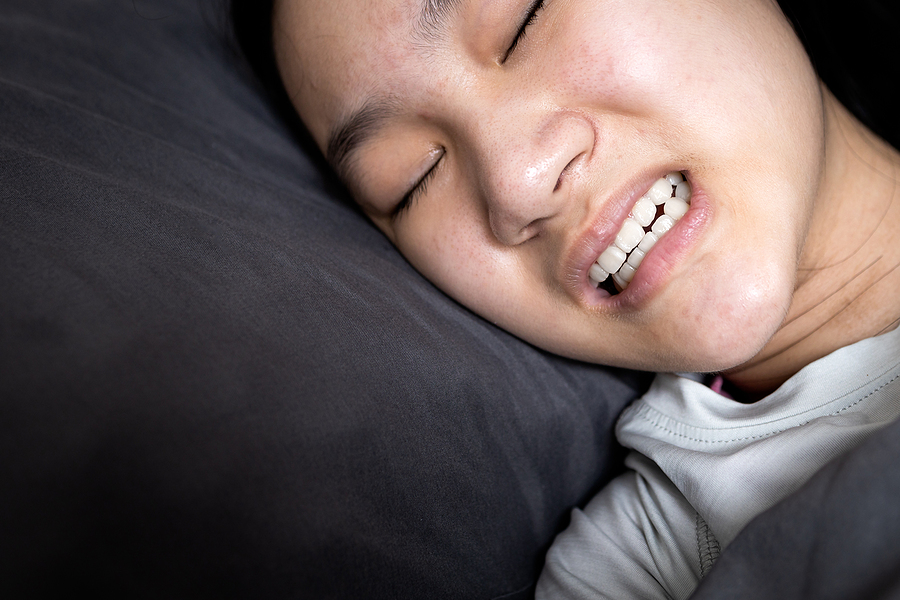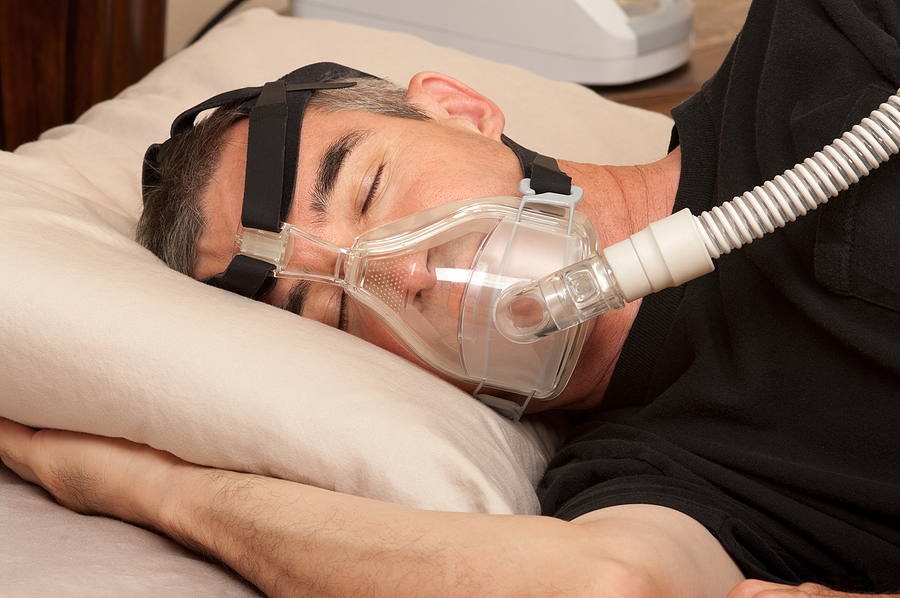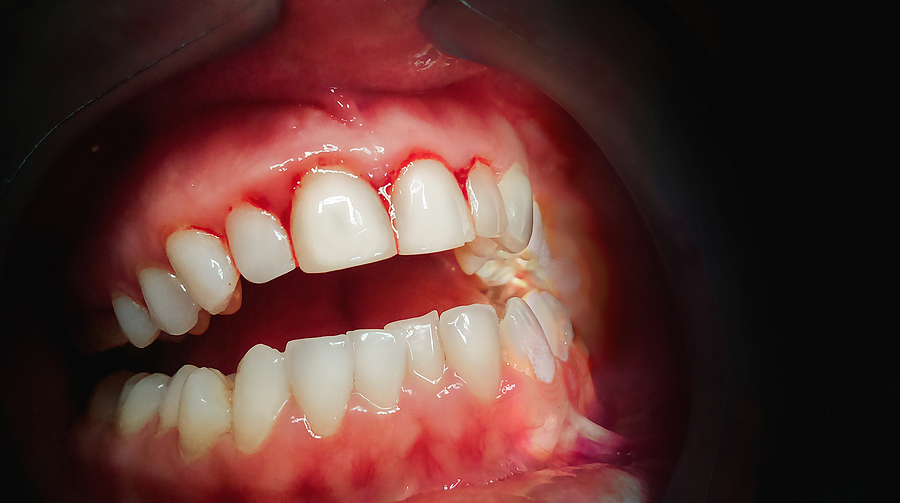Posted by Mr. Bin
Uncategorised
on Jan 29 2025, 04:45 AM
Bruxism, commonly known as teeth grinding or clenching, is a condition that affects millions of people worldwide. It can occur during the day or while sleeping, often without the individual realizing it. If left untreated, bruxism can lead to severe dental damage, headaches, jaw pain, and other complications. If you’re experiencing symptoms ofbruxism in Livonia and Ann Arbor, MI, it’s important to seek professional care to prevent long-term damage to your teeth and overall health.
This article will explore the causes, symptoms, and treatment options for bruxism and the importance of seeking professional help.
The involuntary grinding, clenching, or gnashing of teeth characterizes bruxism. It can occur while awake (awake bruxism) or during sleep (sleep bruxism). While occasional teeth grinding may not cause serious harm, chronic bruxism can lead to significant dental and health issues.
The exact cause of bruxism is not always clear, but several factors are believed to contribute to its development:
Bruxism can manifest in several ways, and symptoms may vary in severity. Some of the most common signs include:
If you notice any of these symptoms, consulting adentist is crucial to prevent further complications. So once any of these symptoms appear, contact usimmediately to get the best Bruxism treatment and care and improve your oral health.
Bruxism can cause significant damage to teeth, gums, and jaw structures. Some of the most serious effects include:
A thorough examination by a dentist in Livonia and Ann Arbor, MIis essential to diagnose bruxism and determine the most effective treatment plan. Treatment options vary based on the severity of the condition and may include the following:
A night guard, also known asan occlusal splint, is a custom-made dental appliance that prevents teeth from grinding during sleep. It acts as a cushion, reducing pressure on the jaw and protecting the teeth from wear and damage.
Since stress is a common cause of bruxism, relaxation techniques such as meditation, deep breathing exercises, and therapy can help reduce teeth grinding.
If bite misalignment contributes to bruxism, orthodontic treatments such as braces or dental restorations may be recommended to improve tooth alignment.
Avoiding caffeine, alcohol, and tobacco can help minimize the occurrence of bruxism. Practicing good sleep hygiene can improve sleep quality and reduce nighttime grinding.
Muscle relaxants or medications may be prescribed in severe cases to help reduce jaw tension and minimize grinding. However, these are typically considered a last resort.
While bruxism cannot always be prevented, the following strategies can help reduce its impact:
If you suspect that you or a loved one may be suffering frombruxism in Livonia and Ann Arbor, MI, it’s important to seek professional help as soon as possible. Delaying treatment can lead to more severe dental issues, including tooth loss and jaw disorders. A dentist can assess your condition, recommend appropriate treatment options, and help prevent further damage.
Bruxism is a common yet often overlooked condition that can have serious consequences if left untreated. Its effects can be far-reaching, from tooth damage to jaw pain and sleep disturbances. Fortunately, you can manage bruxism and protect your oral health with the right treatment and preventive measures.
If you’re experiencing symptoms of bruxism, don’t wait until it worsens. Schedule an appointment with adentist in Livonia and Ann Arbor, MI, to discuss the best treatment options for your condition. A proactive approach can help you maintain a healthy smile and improve your well-being.
To schedule an appointment with us at SmileHere Family Dental, located at 29522 Six Mile Rd, Ste A, Livonia, MI 48152, and 3250 Plymouth Rd, Ste 102, Ann Arbor, MI 48105, please call (734) 425-7888 or (734) 888-8886 for bookings and consultations. Please visit our official website to learn more about our various services.

Bruxism, commonly known as teeth grinding or clenching, is a condition that affects millions of people worldwide. It …

Bruxism, commonly known as teeth grinding or clenching, is a condition that affects millions of people worldwide. It …

Bruxism, commonly known as teeth grinding or clenching, is a condition that affects millions of people worldwide. It …